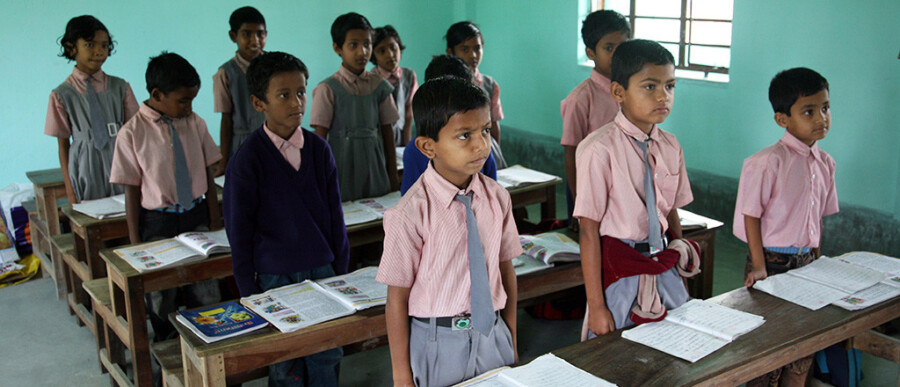India’s Lesson: Improving Education is Imperative for Growth

In this op-ed, Pratham board member Mitul Desai discusses the need to focus on education under India’s new Narendra Modi government.
Global investors are optimistic about Modi’s business-friendly track record and high-performing stock market. However, India is in need of rapid and sustained economic growth to measurably reduce the high levels of poverty, and history shows that few developing countries have ever been able to achieve growth rates at or above 7%.
A World Bank report states, “Every country that sustained high growth for long periods put substantial effort into educating its citizens and deepening its human capital.”
While the Indian government is trying to ensure that all children attend school, monitoring the quality of that education is difficult. Pratham’s Annual Status of Education Report (ASER) is extremely important for this reason. The 2013 ASER shows that 50% of Indian children in fifth grade cannot read at a second-grade level.
“How can Indian children go on to higher education and become skilled professionals if they lack the fundamental building blocks of reading and arithmetic?” asks Mitul.
He points to public-private collaborations as a potential model for success. In one Bihar village, literacy rates increased from 30% to 60% simply by organizing students according to ability instead of age. Pratham partnered with local government and volunteers to train teachers and implement this method on a larger scale in 70,000 schools.
Mitul concludes, “The magnitude and urgency of India’s educational challenge is such that partnership between the public and private sectors is the only way forward.”
Read the full article on the University of Pennsylvania Wharton School’s website.
Learn more about Pratham’s partnerships.
